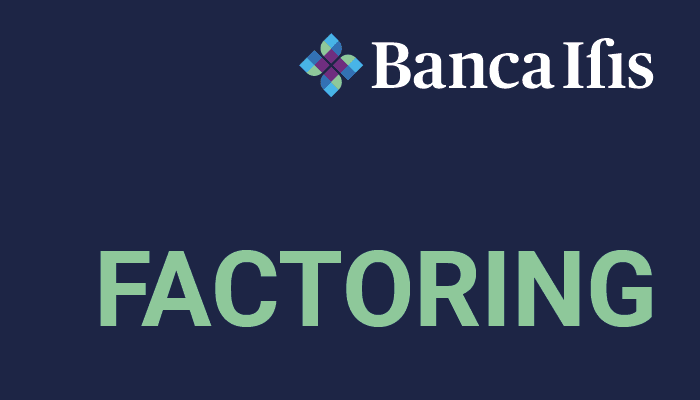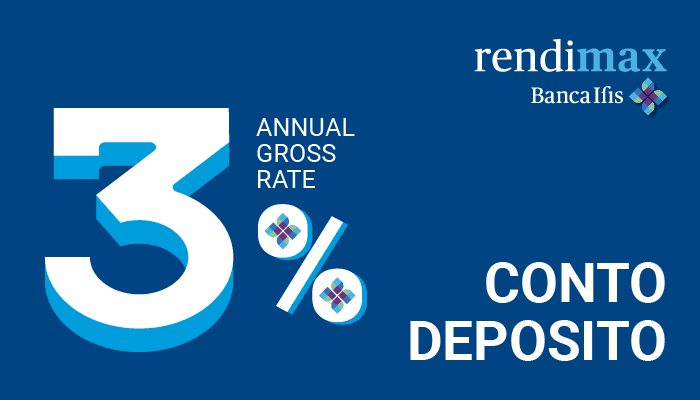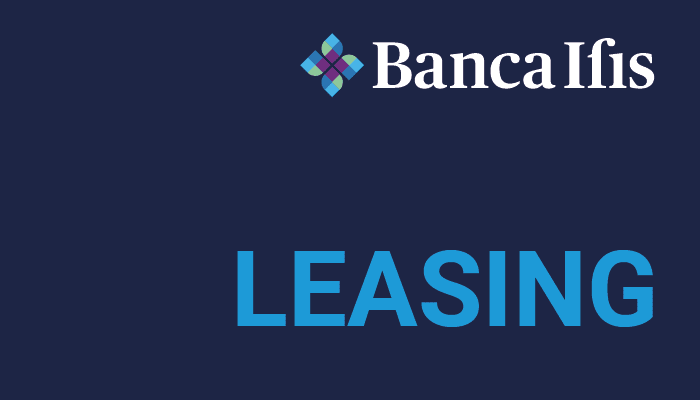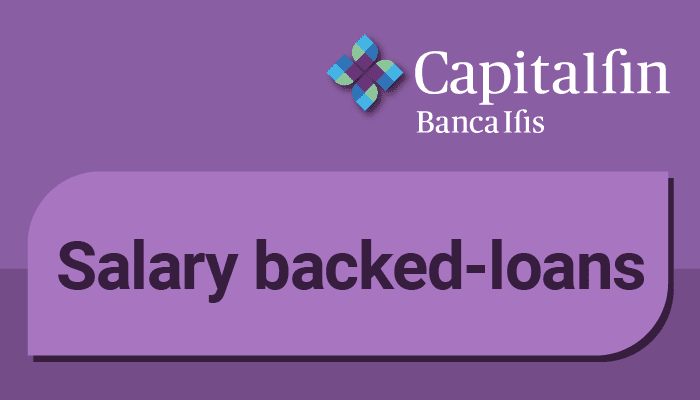- Saving Account
- Current Account
- Leasing
- Technology Rental Ifis Rental Services
- Salary-backed Loan Capitalfin
- Business Plan 2022-2024
- Financial Performance and Presentations
- Financial Calendar
- Press releases
- Strategy and Strengths
- Ratings and debt programmes
- Share Information
-
FACTORING & SUPPLY CHAIN
- Factoring - Trade receivables
- Tax Receivables Purchasing
- Supply Chain Finance
-
LOANS
- Medium and long-term loans
-
LEASING & RENTAL
- Leasing
- Rental Ifis Rental Services
-
CORPORATE & INVESTMENT BANKING
- Financial Advisory/M&A
- Structured Finance
- Equity Investment
-
INTERNATIONAL
- Factoring import/export
- Import/export loans
- Other foreign banking services
-
BANKING SERVICES
- Current Account
- Time Deposit
-
OTHER SERVICES
- Insurance
-

Highlight Find out more
- Mission, Vision and Values
- Our Story
- Management
- Bank’s Business Model
- Presence in Italy and abroad
- Structure of the Group
- Awards and acknowledgments
- Digital Transformation
-
Companies of the Banca Ifis Group
- Banca Ifis
- Banca Credifarma
- Cap.Ital.Fin.
-
- Ifis Npl Investing
- Ifis Npl Servicing
-
- Ifis Rental Services
- Ifis Finance I.F.N. S.A.
- Ifis Finance Sp. Z o.o.
-
BUSINESS AREAS OF THE GROUP
- Services for businesses and individuals
- Purchase and management of non-performing loans
- Corporate Governance at-a-glance
- Corporate Bodies
- Shareholders’ meeting
- Internal control system and risk management
- Auditing
- Shareholders
- Internal Dealing
- Remuneration
- The Value of Ethics
- Reports and Documents
-
IMPACT
- The Ecosystem of Cycling
- Ifis Sport
- Market Watch
-
BUSINESS
- PMIheroes
- What our experts say
- Vacancies
- Who we are looking for
- Experience gained
- Recruitment process
- Get to know Banca Ifis
- General application







Social
We are committed to respecting universally recognised human rights, which we consider an essential pillar of our sustainability strategy. With this in mind, we take action every day to protect and promote diversity and inclusion, to ensure the health and safety of Ifis People and to enhance their growth and development, integrating these commitments into the management of our activities and in our dialogue with employees and stakeholders. In this way, we reinforce an ethical and responsible approach that guides us in every area of operation.